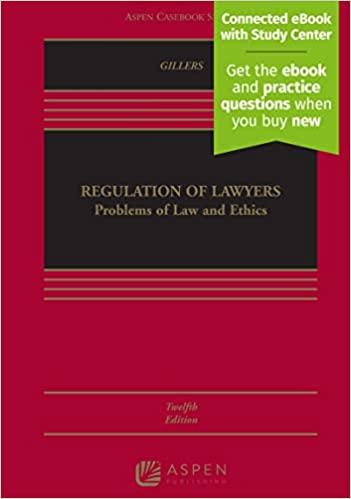Question
1. A court assigned to me (as an economist and auditor) a valuation of a market butcher's. The butcher's did not provide any simple income
1. A court assigned to me (as an economist and auditor) a valuation of a market
butcher's. The butcher's did not provide any simple income statements or any valuable
information which I could use in my valuation. It is a small business with just two
employees, the owner and an apprentice. This type of tax system exempts them of
certain commercial and fiscal informative statements. I think it is very important to
underline that the object of the valuation is not a company, but rather a business, a
work position. Although it has recurrent customers the value of its tangible assets is
solely the value of its tools, as the premises are rented (I think it is impossible to value
the intangible asset that is the work). Obviously, discounting cash flows in not an
appropriate method in this case. Actually, I do not know which profession fits better
the job that the court assigned to me.
2. What repercussions do variations in the price of oil have on the value of a company?
3. How can an auditor spot acts of creative accounting? I mean, for example, the excess
of provisions or the non-elimination of intra group transactions with value added.
4. I heard talk of the Earnings Yield Gap ratio, which is the difference between the
inverse of the PER and the TIR on 10-year-bonds. It is said that if this ratio is positive
then it is more advantageous to invest in equity. How much confidence can an
investor have in such an affirmation?
5. I have a doubt regarding the Enron case. How could such a prestigious investment
bank advise investing when the quotations of the shares were falling?
6. Is the following affirmation of an accountancy expert true? "The valuation criterion
which reflects the value of the shares of a company in the most accurate manner is
based on the amount of the shareholder's equity of its balance sheet. Stating that the
value of a company's shares equals its book value is a valid argument."
7. Could we say that goodwill is equivalent to brand value?
8. Could we say that the value of shares is intangible?
9. When calculating the WACC, is the weighting of the debt and the shares done with
book values of debt and shareholder's equity or with market values?
10. The market risk premium is the difference between the historical return on the stock
market and the risk-free rate, for every year. Why is it negative for some years?
Step by Step Solution
There are 3 Steps involved in it
Step: 1

Get Instant Access to Expert-Tailored Solutions
See step-by-step solutions with expert insights and AI powered tools for academic success
Step: 2

Step: 3

Ace Your Homework with AI
Get the answers you need in no time with our AI-driven, step-by-step assistance
Get Started


